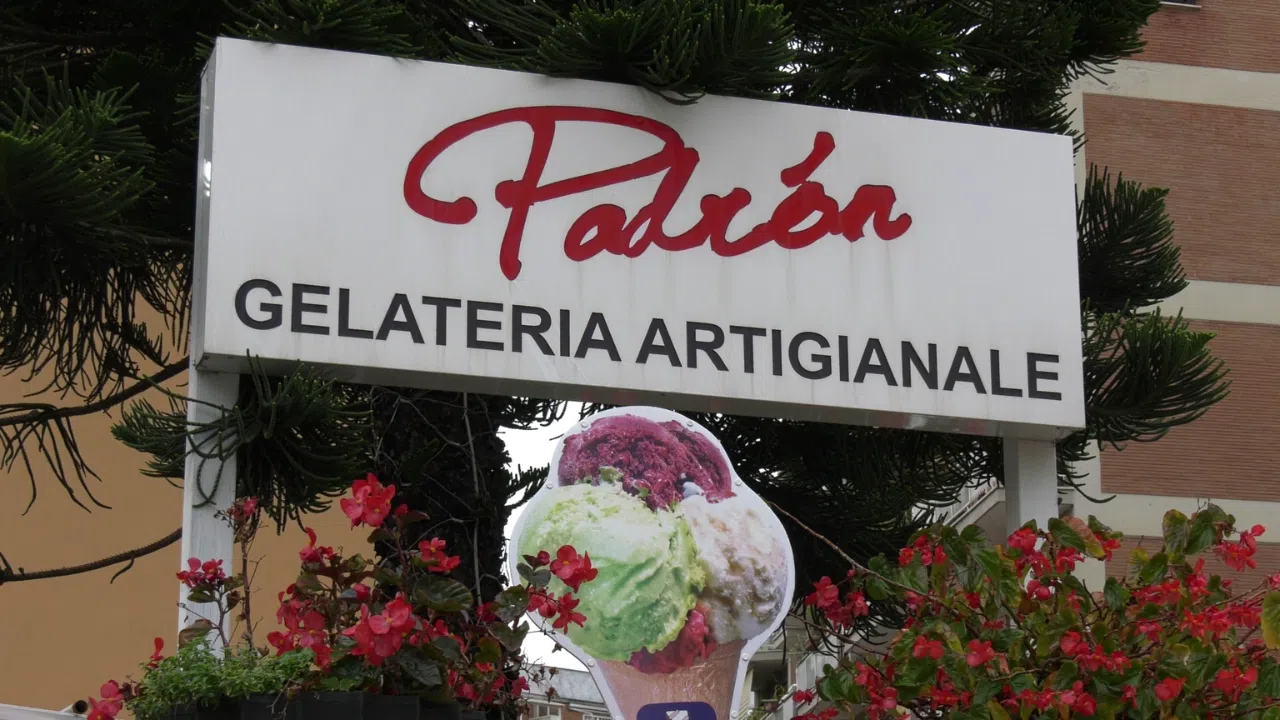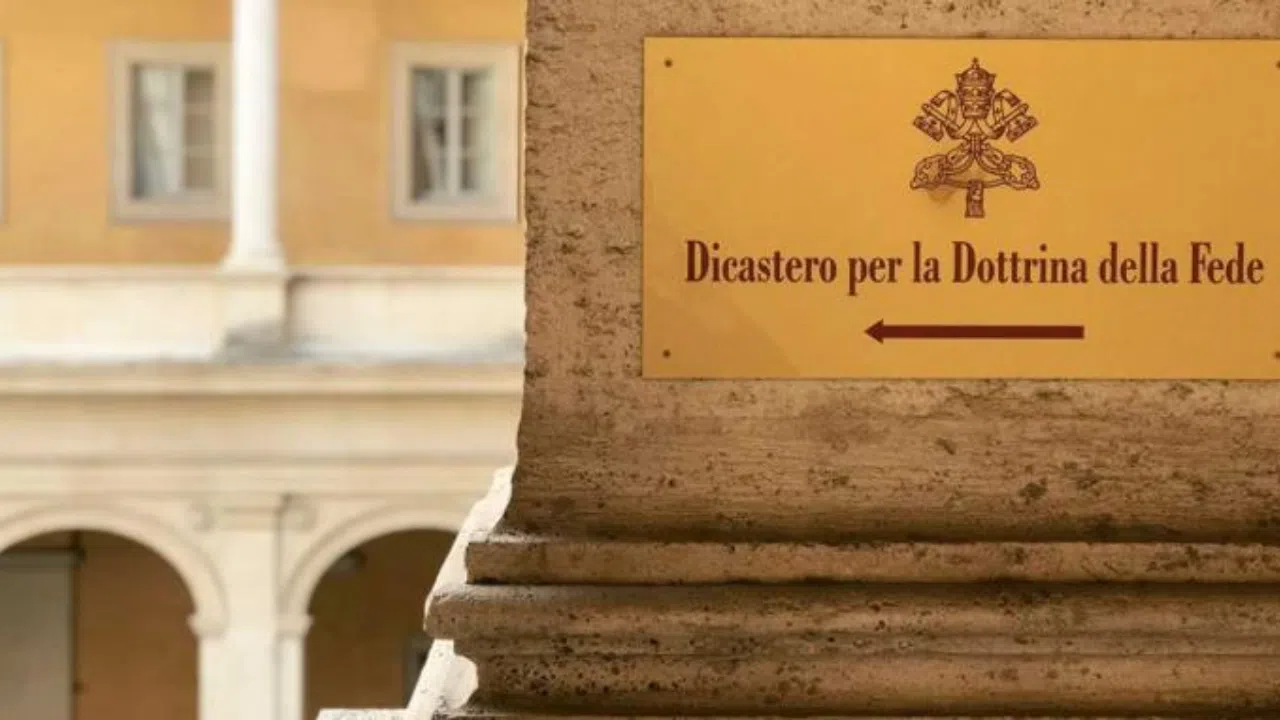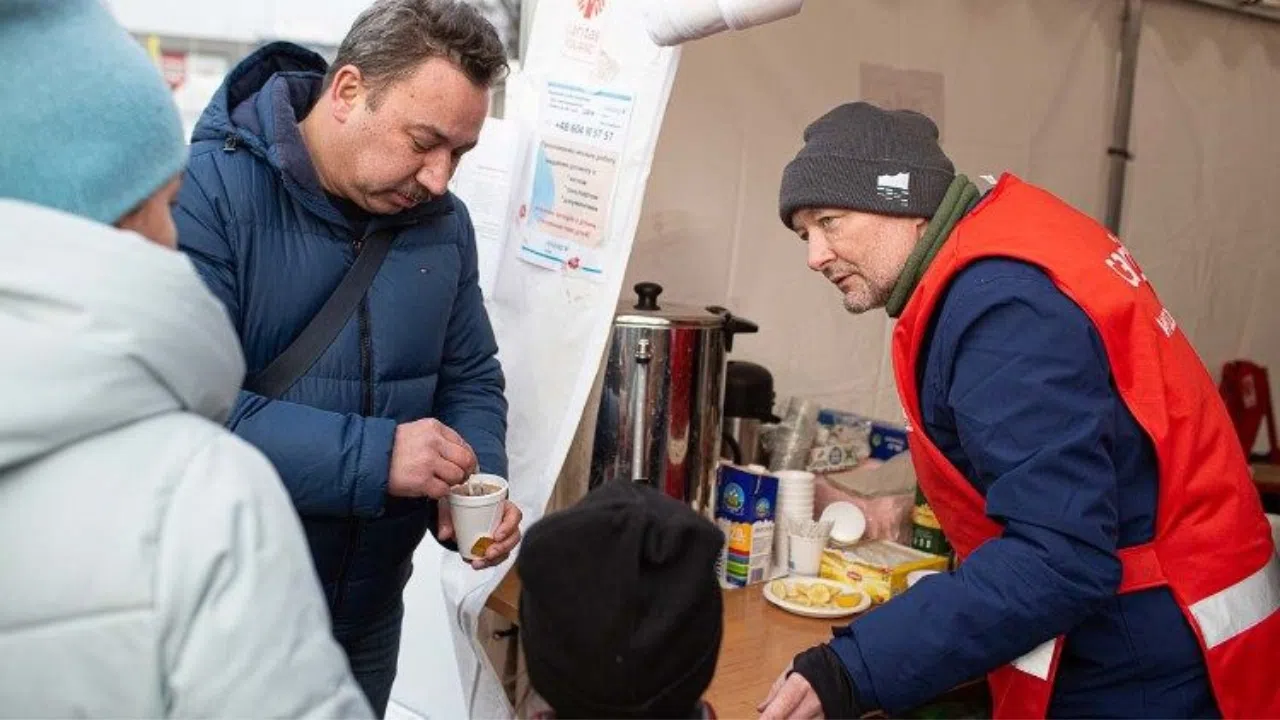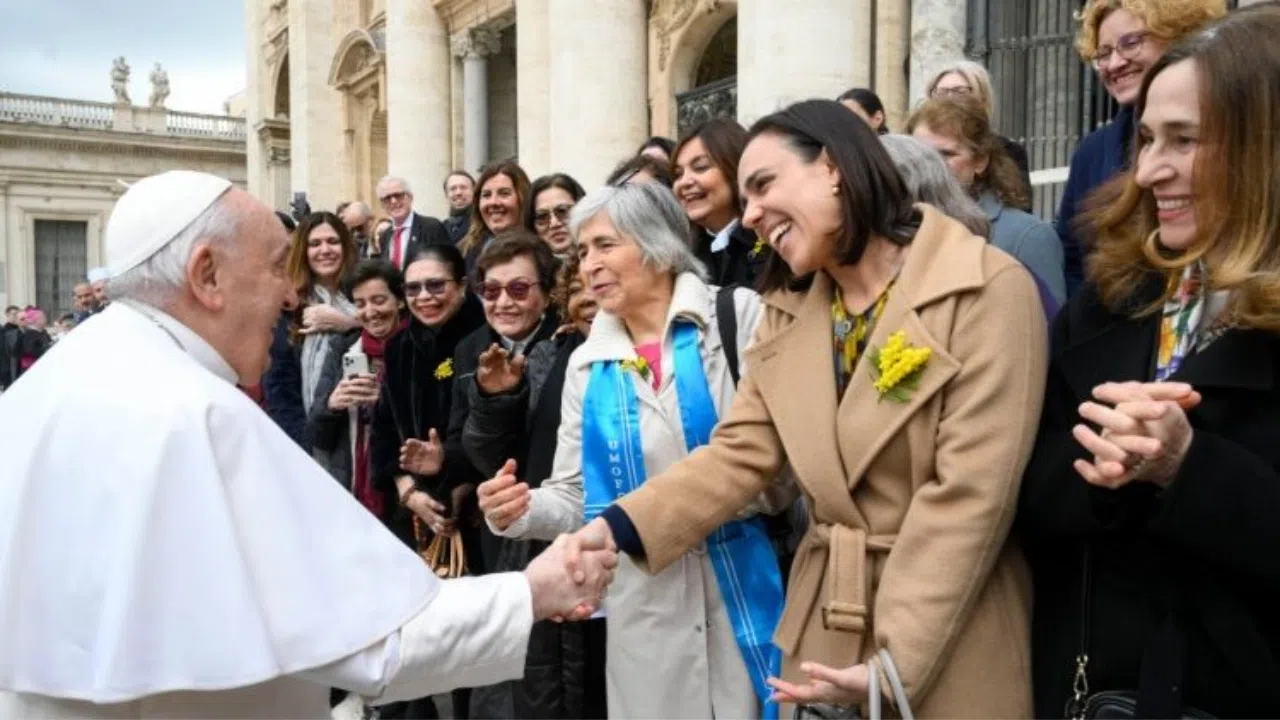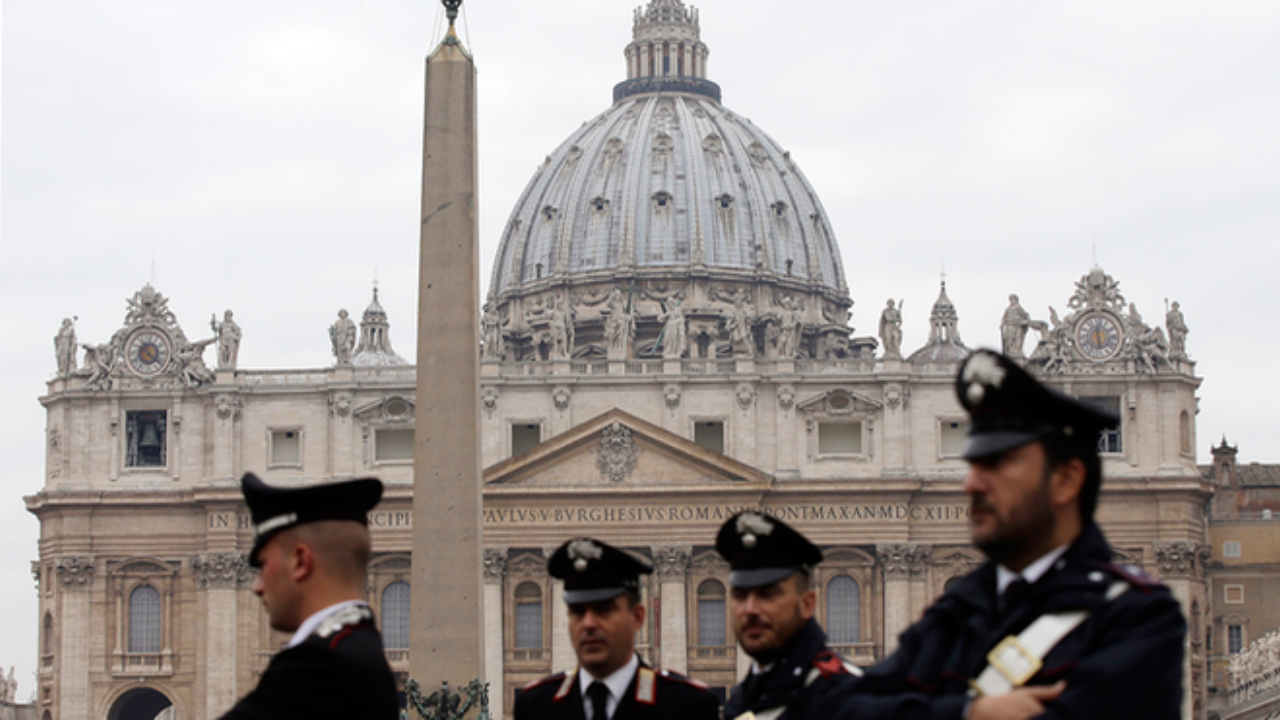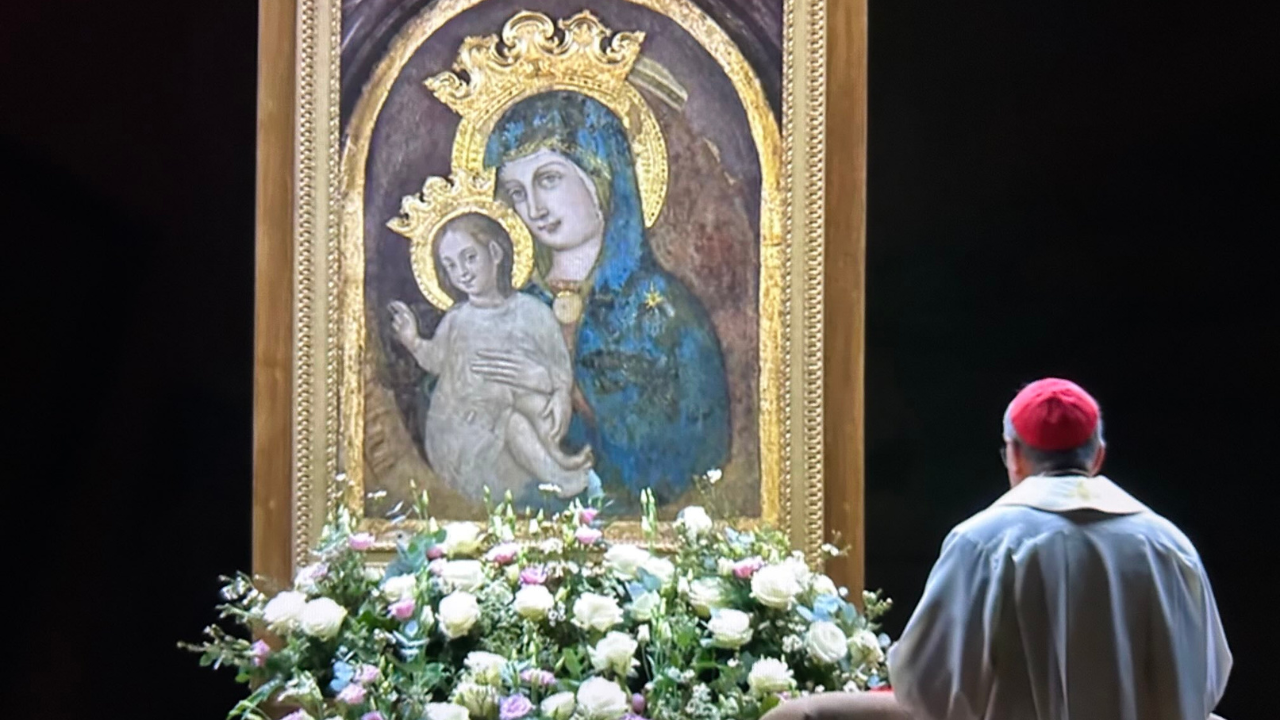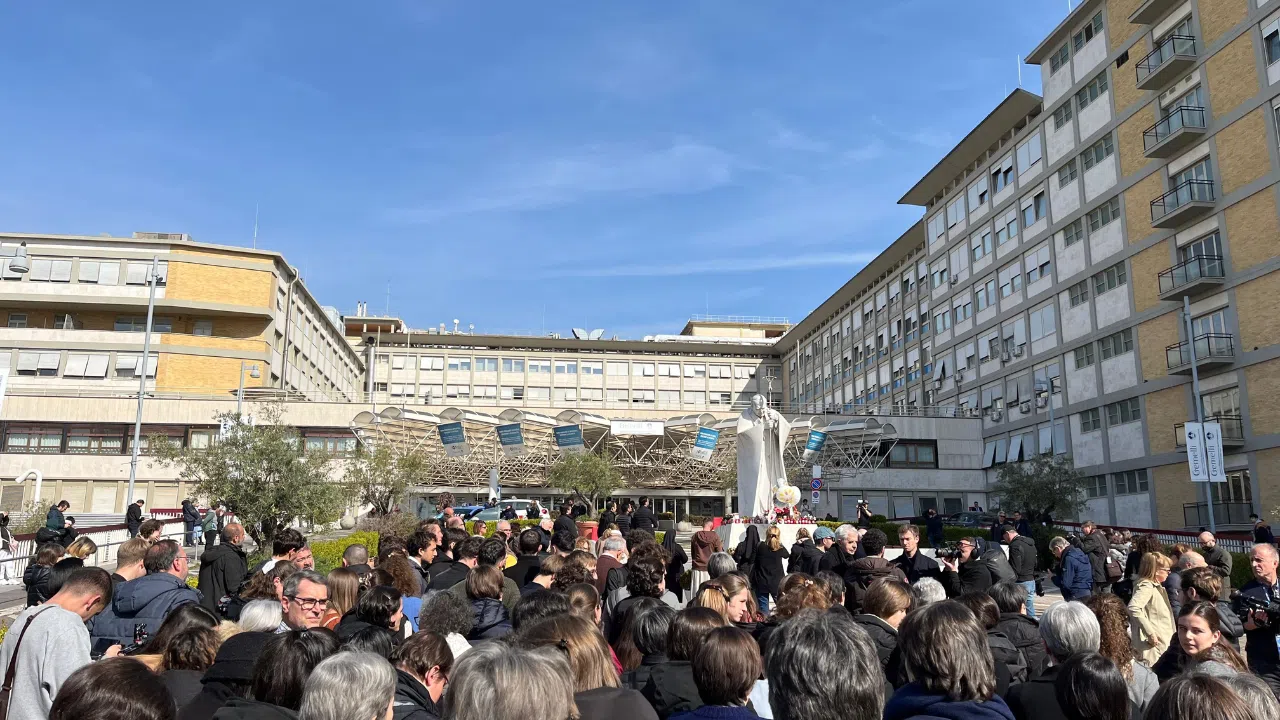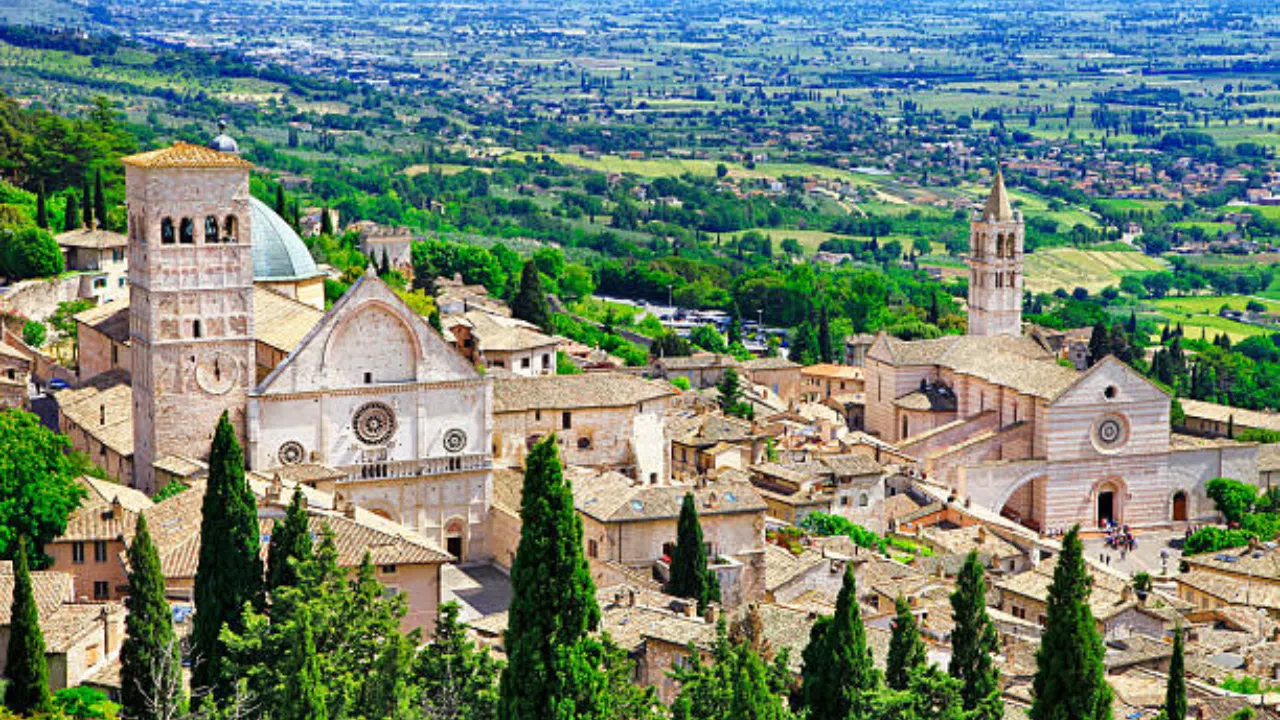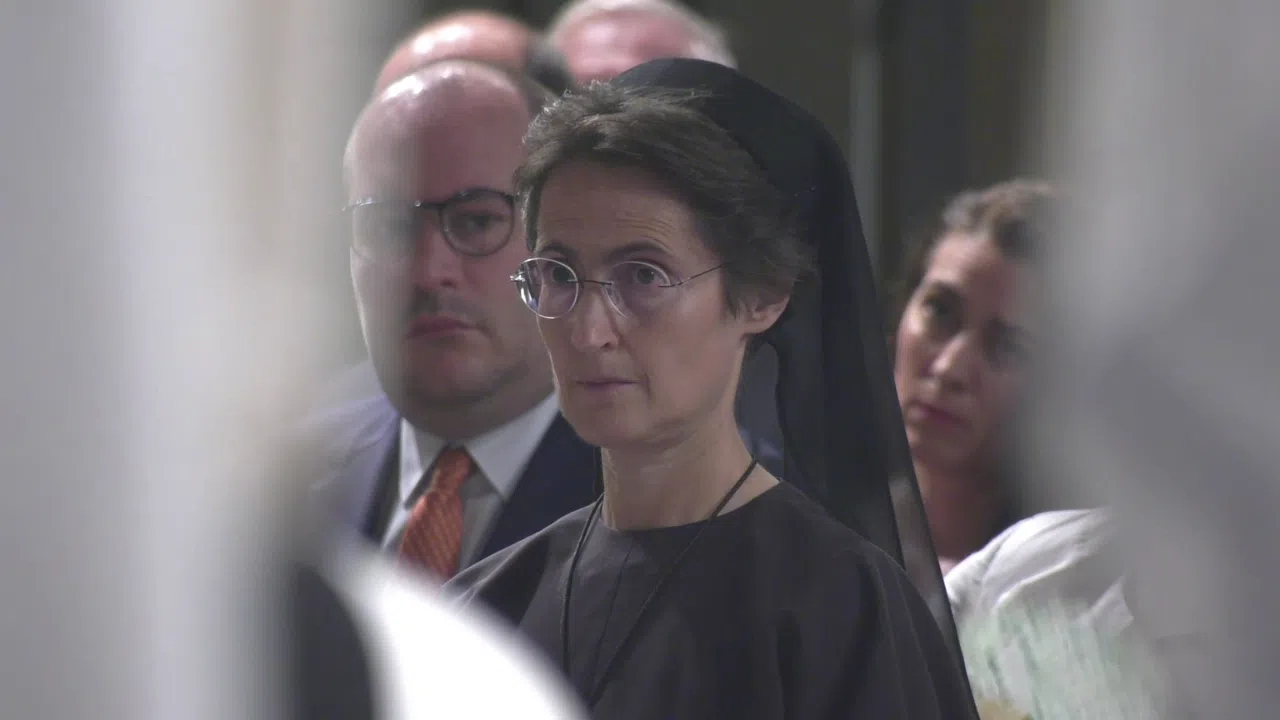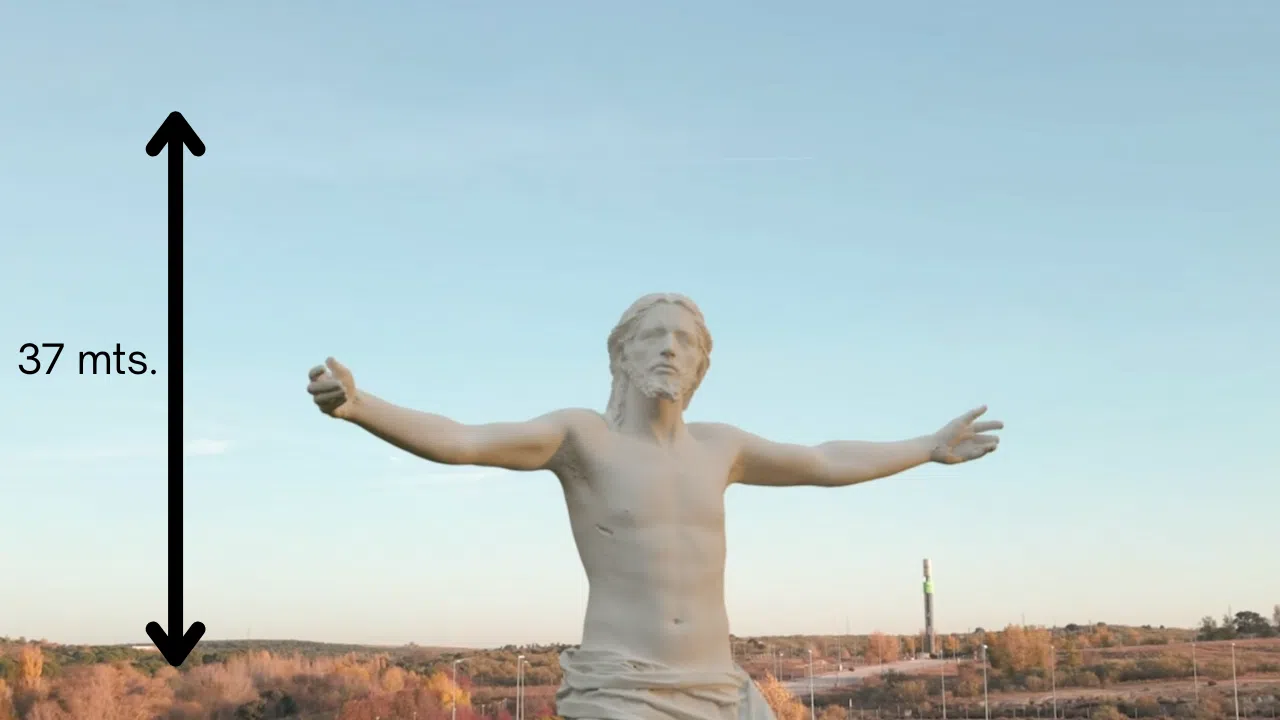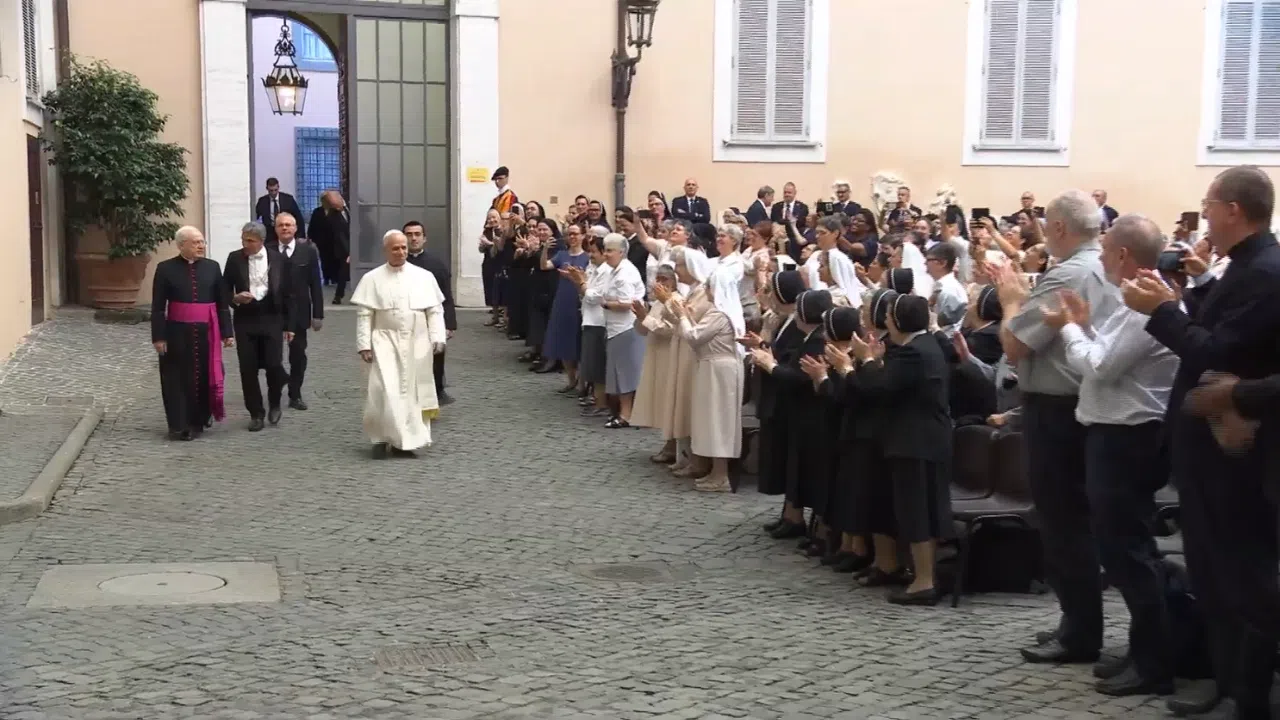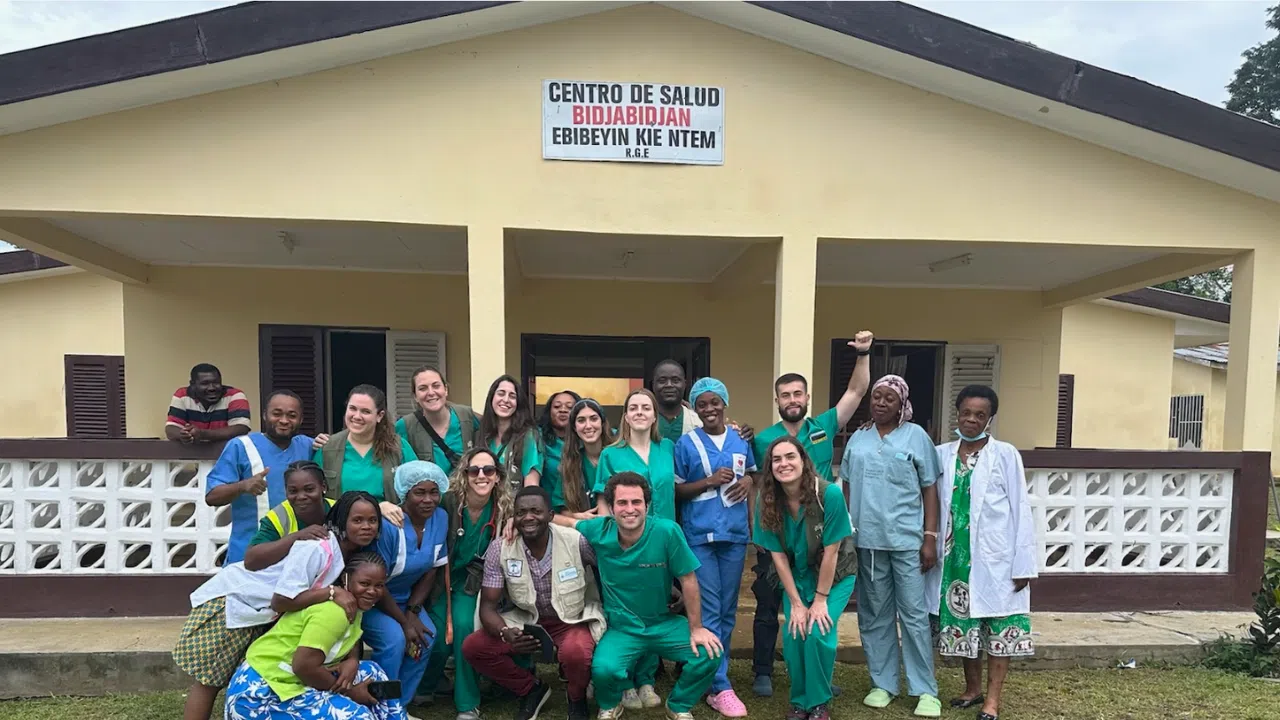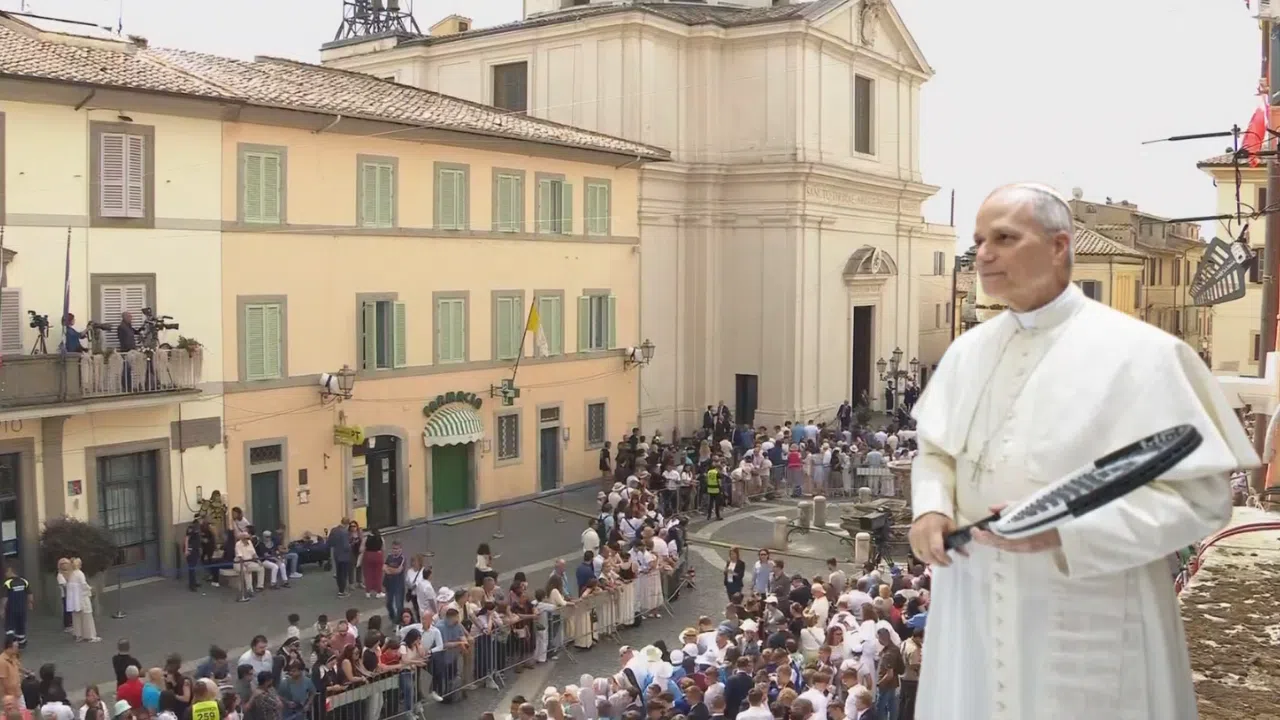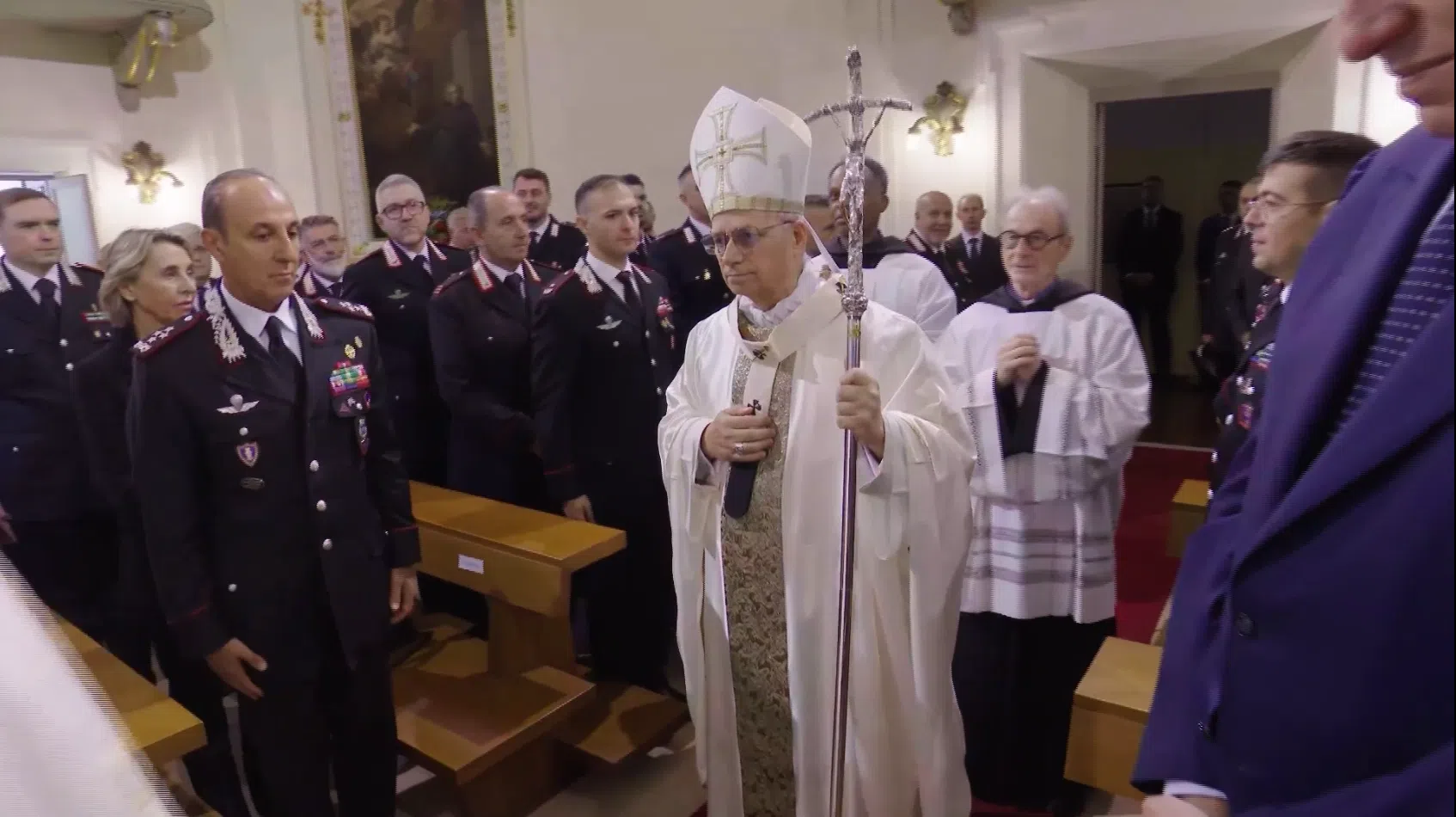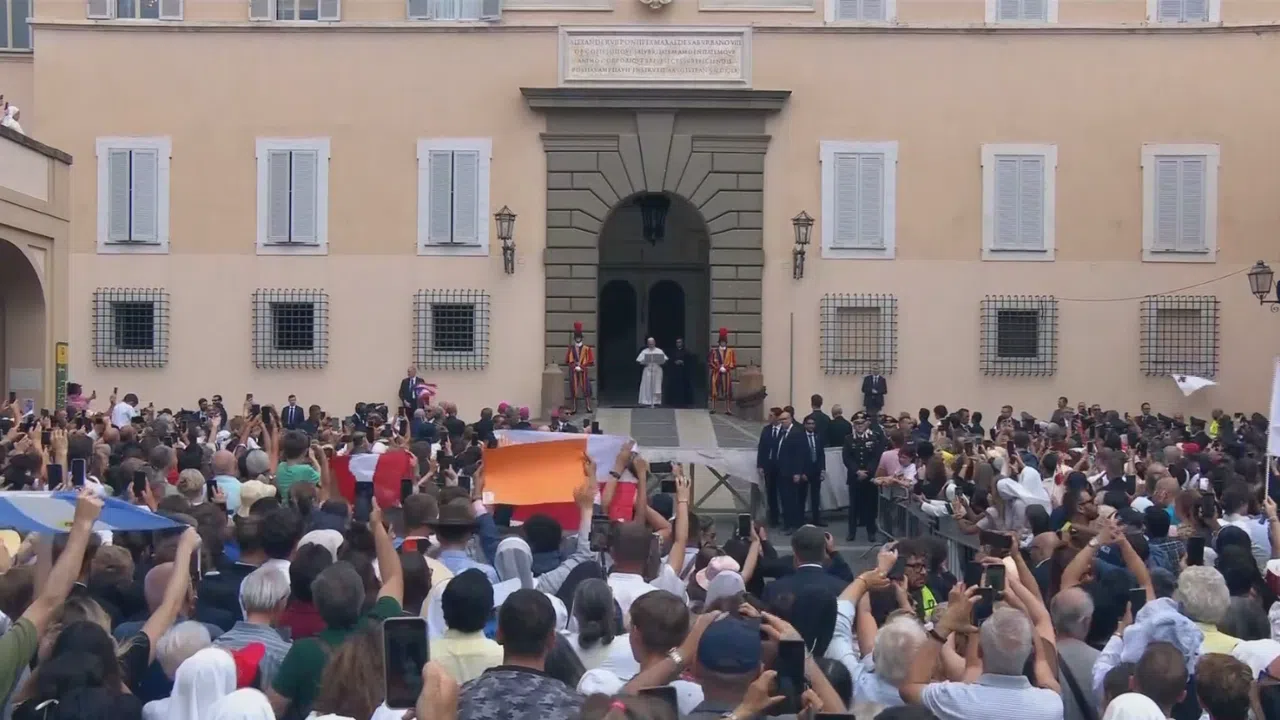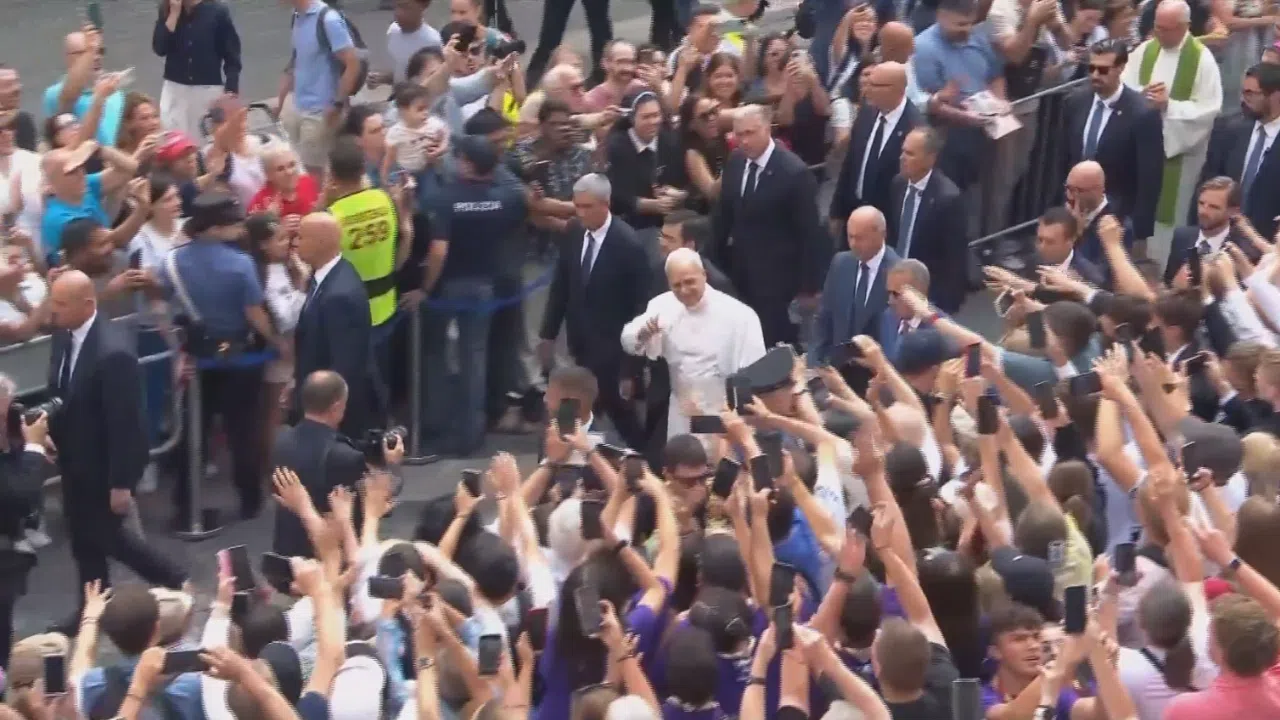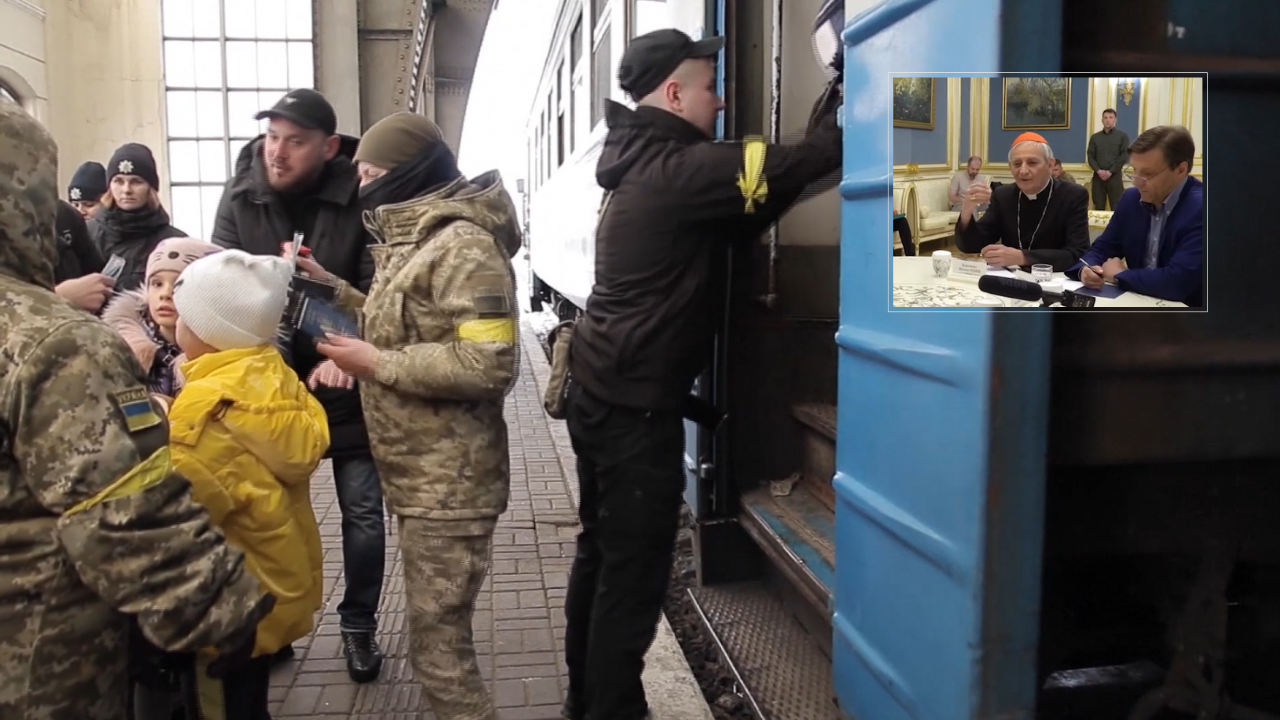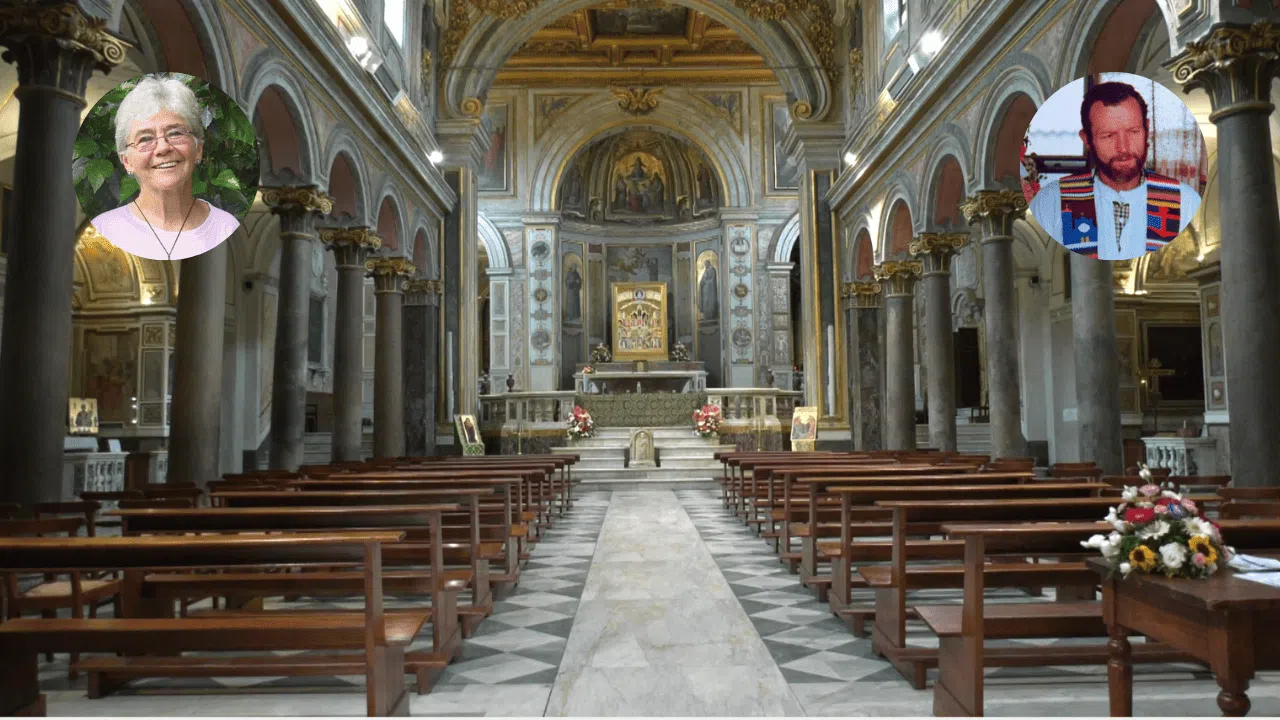In recent years, the Church in Nicaragua has undergone a complex situation, especially following the violent protests of 2018.
During one of them, even Silvio Báez, the auxiliary bishop, was assaulted.
“We, the bishops, have witnessed first-hand, the aggressive, assassin face of the structure dominating Nicaragua at this time.”
MSGR. SILVIO BÁEZ
Auxiliary Bishop of Managua, Nicaragua
“There's a series of problems that have put the Church in a very difficult situation. The government started to really scrutinize the Church, seeing it as a potential enemy, with a clear, very critical, and above all, loudly heard, voice. This is what bothered government officials most, that the people listened to the Church and the bishops.”
Silvio Báez, auxiliary bishop of Managua, became one of the most critical voices speaking out against the social crisis impacting the country. Tensions rose, he received death threats, and the pope asked him to leave the country.
MSGR. SILVIO BÁEZ
Auxiliary Bishop of Managua, Nicaragua
“Pope Francis, at the beginning of 2019, asked me to leave the country for a period of time, to protect my own life. He asked me to go to Rome, with no specific mission in mind, simply out of a desire to protect my life. I remember something he said to me. 'I don't want another bishop martyr in Latin America.'”
He is currently in Miami with his family, who is living there in exile. He says although he is far from his native country, his commitment to defending the fundamental rights of its citizens remains.
MSGR. SILVIO BÁEZ
Auxiliary Bishop of Managua, Nicaragua
“I wouldn't have left Nicaragua. I never would have left the country. As a pastor, I feel a real closeness to those people. Even if I'm outside the country, I constantly feel like I'm inside, with the people. I stay connected with them through social media, but above all, through prayer.”
Regarding the challenges facing the Church in Nicaragua, he says he prefers a prophetic community, but with deep spiritual roots, in line with the Social Doctrine of the Church.
MSGR. SILVIO BÁEZ
Auxiliary Bishop of Managua, Nicaragua
“This balance isn't easy in a country like Nicaragua, where a bishop's words are interpreted as political. It's not that the intention is political. It's just that the environment is so polarized on the political level, that words are interpreted, and even distorted, by different parties. It's a balance between the community of faith and the prophetic community.”
Throughout the crisis, the Holy See has promoted a culture of dialogue in the country through round-table discussions. So far, none has produced concrete results.
Daniel Díaz Vizzi
Translation: Claudia Torres

